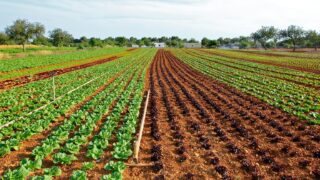In Denmark, significant changes have occurred in agriculture due to a focus on sustainability and emissions reduction. A key initiative involves a CO2 tax on agricultural emissions, set to begin in 2030, initially at DKK 120 per ton, rising to DKK 300 by 2035. This tax targets emissions from livestock, fertilizer, and land use, especially in low-lying areas historically used for agriculture, like wetlands. In response, a new green fund of DKK 40 billion has been established, aimed at rewilding 140,000 hectares of land and planting 250,000 hectares of forest. Additionally, subsidies are being provided to help farmers transition to more eco-friendly practicesSTATE OF GREENCOPENHAGEN POST. These changes reflect Denmark’s broader environmental goals and are part of its effort to become a global model for sustainable agriculture.
